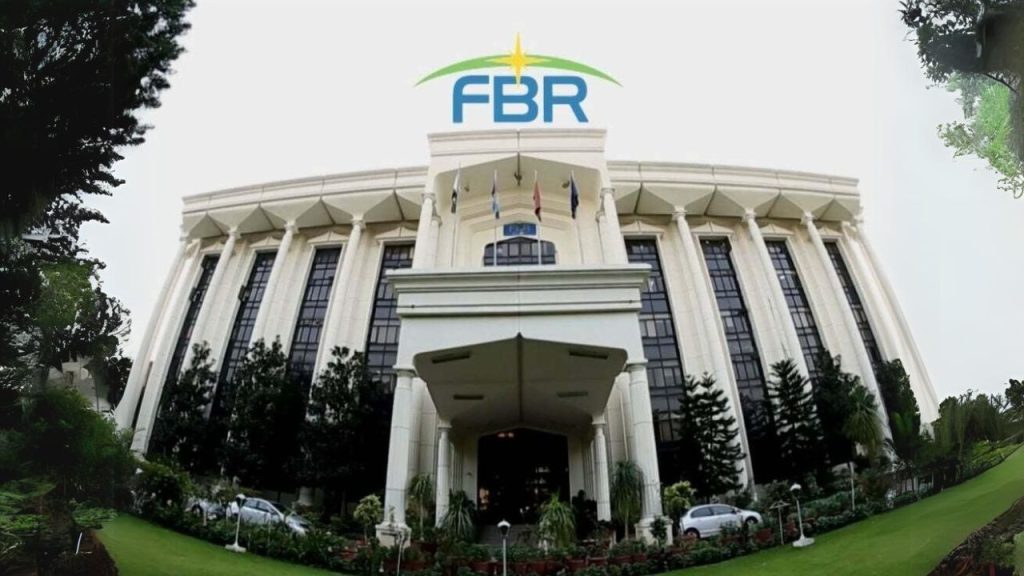Islamabad: The Federal Board of Revenue (FBR) Chairman, Rashid Mahmood, has agreed in principle to lower withholding taxes on property sales and purchases and reconsider the 5% Federal Excise Duty (FED) on property transactions. This initiative aims to provide tax relief to first-time homebuyers and support affordable housing projects.
These decisions were discussed during a meeting of the Taxation Task Force for the housing sector, chaired by the FBR Chairman. Stakeholders from the construction and real estate sectors highlighted concerns over high transaction taxes, which currently stand at 13%—comprising 4% withholding tax, 5% FED, and 4% provincial stamp duty. The heavy tax burden has led to a decline in property transactions. The FBR Chairman agreed to consider reducing these taxes, provided provincial governments do not increase real estate taxes in response.
On the issue of non-filers, the FBR Chairman took a strict stance, declining to offer any concessions. However, he acknowledged the difficulties faced by non-resident Pakistanis in completing the tax verification process. To address this, he proposed implementing an online verification system in collaboration with NADRA, which would eliminate the need for in-person interactions with field offices.
A special committee was formed to address issues in the real estate sector, focusing on reducing transaction taxes and promoting affordable housing. Led by the FBR Member Policy, the committee includes representatives from the real estate and housing sectors, such as Ahsan Malik (Real Estate Analyst), Sardar Tahir Mehmood (President of the Federation of Realtors), and Maj. Gen. (Retd.) Aamir Aslam (Chairman of NAPHDA). Their tasks include rationalizing federal and provincial taxes, aligning property valuation rates with market values, and reviewing taxes on undeveloped plots under Section 7E of the Income Tax Ordinance.
The meeting also resolved to enhance the Directorate General of Designated Non-Financial Business and Professions (DNFBPs) with additional resources, including staff, funding, and digital tools, to ensure greater transparency in property transactions.
Real estate analysts expressed optimism, stating that the proposed tax relief and incentives are expected to be finalized and announced by February 2025. The package is likely to include significant benefits for first-time homebuyers and measures to support affordable housing schemes, marking a positive step forward for the real estate sector.




